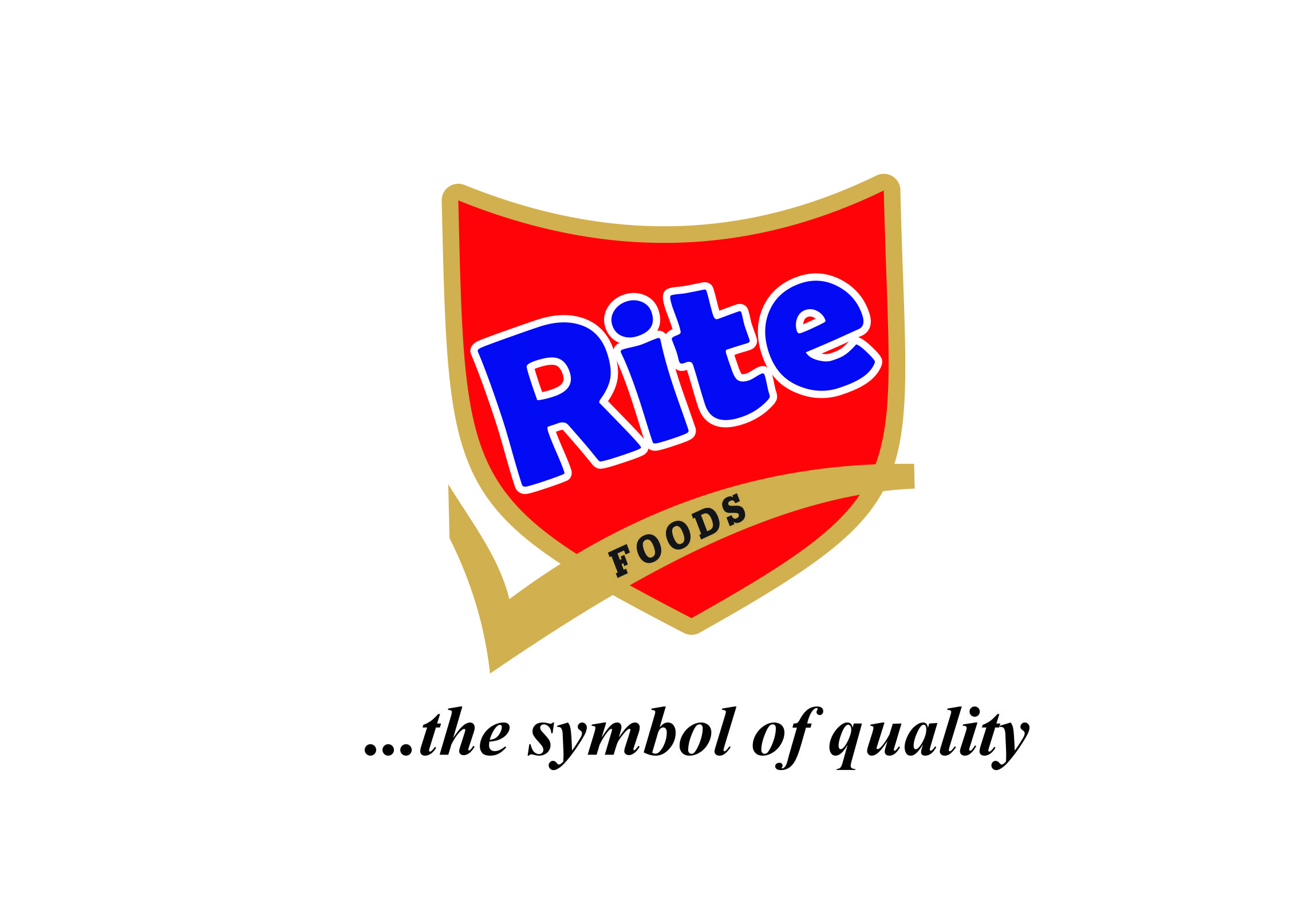
Opinion 2020 is shaping up to be the year of people-based identity. Marketers are becoming increasingly engaged with trying to understand what this means to them, and how they should be incorporating a notion of identity into their business strategy. Across conferences this year, we’ve noticed heightened engagement from significant, game-changing brands – talking about identity on stage and running people-based marketing campaigns.
With the evolving role of third-party cookies increasing need for device-based identifiers, publishers will find it increasingly difficult to effectively monetise their ad inventory. We’ll see a number of solutions being developed that will enable publishers and media owners to take advantage of their first-party data and offer brands targeting capabilities – even across cookieless inventory.
Next year, data collaboration will be key in order for publishers to claw back some of the spend currently flowing towards Google and Facebook. A collaborative and open ecosystem is vital to get the spend that big companies have (Netflix and Amazon Prime have revealed they will start to offer premium packages to loyal customers to deliver a better quality of service, monetising it through more sustainable business models.
We’ll also see an increase in publisher consortia such as the Ozone Project, and identity co-ops such as the NetID foundation, that offer the kind of scale in both inventory and data that brands need to justify moving budgets their way.
With tight data privacy regulations and GDPR placing immense pressure on publishers’ business models, it is important that publishers regard consent as a vital part of their business model going forward. Consumers have a right to be in control of their data and should be aware of how their data is used by third parties. Despite these growing pressures, it will act as a catalyst for moving the industry forward as strategies lean towards consented engagement between consumers and marketers.
People-based marketing needs a privacy-first, transparent solution rooted in user authentication, and this is still yet to be reflected by businesses. With GDPR coming into force over a year and a half ago, prominent spokespeople within the marketing industry have been keen to discuss their learnings at conferences this year. There is still widespread ignorance about GDPR and around half of small businesses are still not wholly GDPR compliant. In 2020 there will be a continued push towards direct, trusted relationships with audiences, all while endeavouring to meet the rising bar of privacy regulation and continuance to provide free content that consumers expect.































